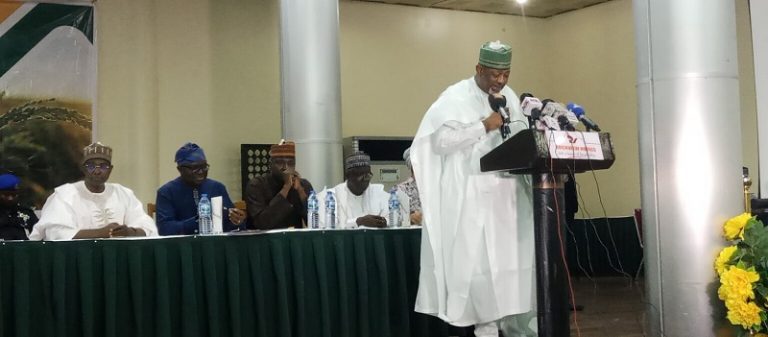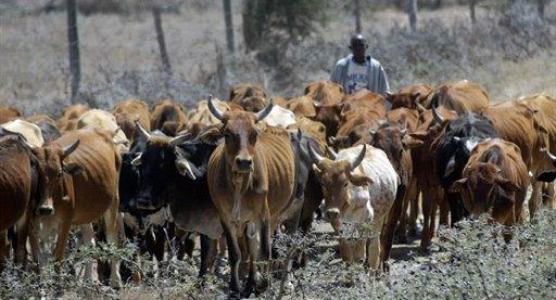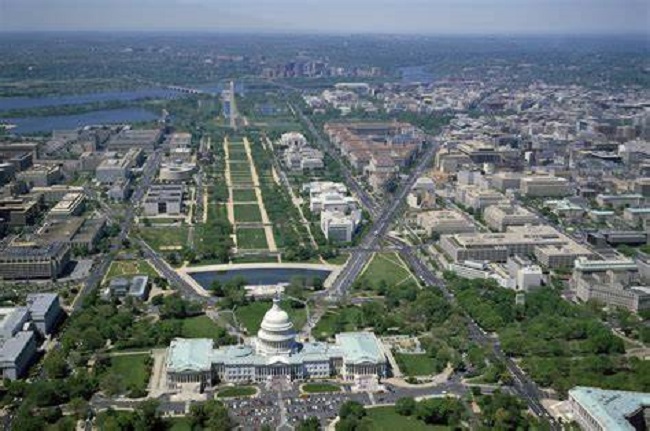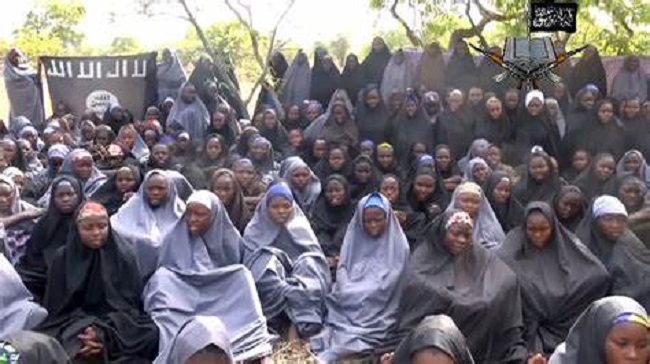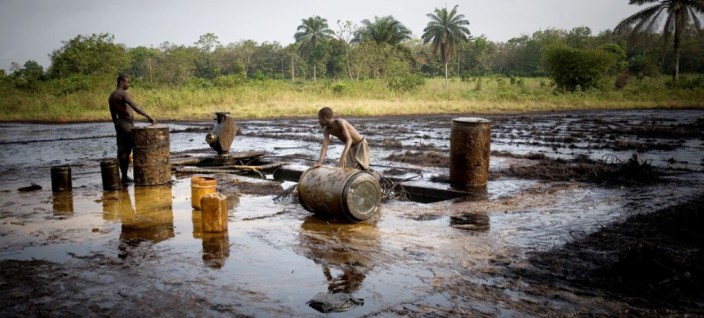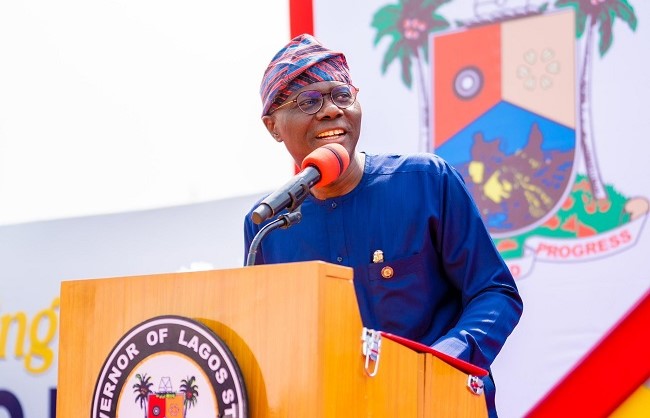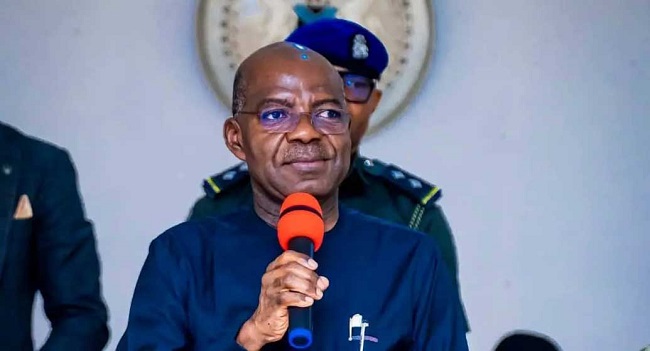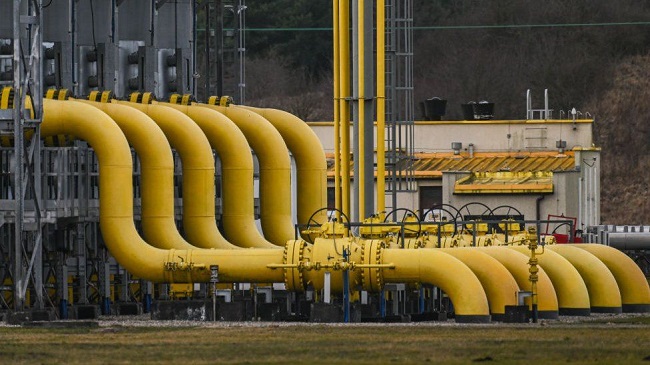The Federal Government has inaugurated the Agricultural Sector Working Group (ASWG) to strengthen Nigeria’s food systems.

The aim of the ASWG is to drive the implementation of Agri-Food System Transformation in Nigeria, in line with the resolution of the African Union Heads of State.
At the ASWG inauguration on Tuesday, April 15, 2025, in Abuja, the Minister of Agriculture and Food Security, Sen. Abubakar Kyari, said the group would help monitor progress and enhance accountability.
He added that this would be achieved through mobilising collective action towards achieving shared agricultural goals.
The meeting was jointly organised by the ministry and ActionAid Nigeria (AAN).
Kyari, who also chairs the ASWG, said the group would meet quarterly to appraise the sector’s performance, identify gaps, and propose alternative strategies to drive sustainable growth and development.
He noted that the forum brings together six key stakeholder groups in the agricultural sector.
They include the public and private sectors, research institutions, farmer organisations, civil society organisations, and development partners.
“These groups collectively shape the trajectory of agriculture in the country.
“The formation of the ASWG aligns with the broader resolution of the African Union Heads of State on agri-food system transformation, which seeks to enhance food security, nutrition, and sustainable agricultural development across the continent.
“Member states, including Nigeria, are expected to align national priorities with this vision to ensure a resilient and thriving agricultural landscape.
“Achieving this goal requires continuous engagement with key stakeholders to foster innovative solutions, strengthen collaboration, and enable effective policy formulation.”
The minister emphasised that through structured dialogue and shared expertise, Nigeria can ensure that its policies, programmes, and projects are tailored to meet both current and future challenges in agriculture and food security.
“Given Nigeria’s pivotal role in the global agricultural ecosystem, it is imperative that we establish a sustainable and structured platform that not only tracks our performance but also actively explores alternative strategies to bridge existing gaps,” he added.
Kyari assured that the ASWG would work to fulfil its core responsibilities, including providing advisory services and guiding policy initiatives that promote the sustainability, growth, and development of the sector.
“We will support the implementation of the African Union Heads of State’s resolutions on agri-food system transformation, in line with the 2025 Kampala Declaration.
“We will strengthen strategic and inter-sectoral linkages in the implementation of projects and programmes related to agri-food system transformation in the country.
“The ministry will explore funding opportunities to leverage the potential of the agricultural sector across the crop, livestock, fisheries, and forestry sub-sectors.
“We will also coordinate a solution-driven approach to address emergencies and policy interventions in the agricultural sector as needed,” he stated.
Kyari urged the group to uphold the principles of inclusiveness, transparency, prioritisation, and partnership for the collective transformation of Nigeria’s agri-food systems.
“This development will require a continuous commitment to aligning interests, harmonising interventions, and pooling resources for effective implementation of policies, programmes, and projects nationwide,” he said.
Mr. Azubike Nwokoye, Food Systems Specialist at ActionAid Nigeria, pledged the organisation’s support in providing vital information and monitoring whether agricultural interventions are reaching smallholder farmers in rural communities.
Citing the Growth Enhancement Scheme as an example, Nwokoye noted that while the initiative was effective in some areas, in others, farmers were shortchanged with adulterated seeds and fertilisers.
He also highlighted other challenges faced by smallholder farmers, such as limited access to credit and land.
“Another critical issue is the source of funding for the agricultural sector, the National Agricultural Development Fund (NADF) which has already commenced on a positive note.
“We are hopeful that additional resources will be allocated, so that by the time resources from the Fund and the ministry are combined, we can surpass the 10 per cent funding target for the agriculture sector,” he said.
By Felicia Imohimi

